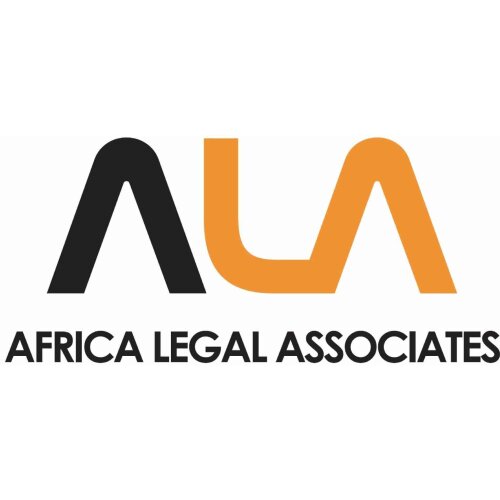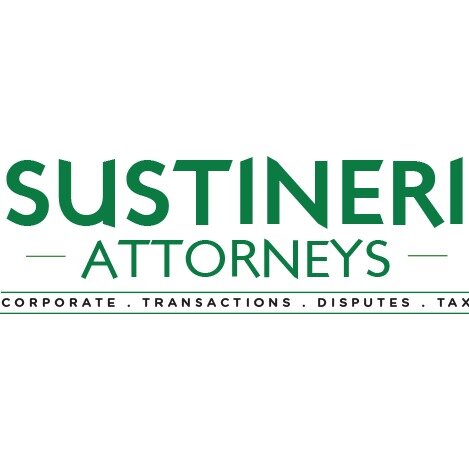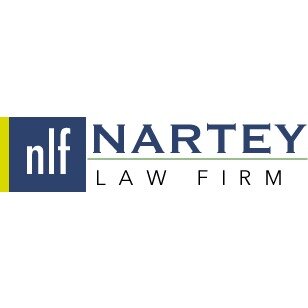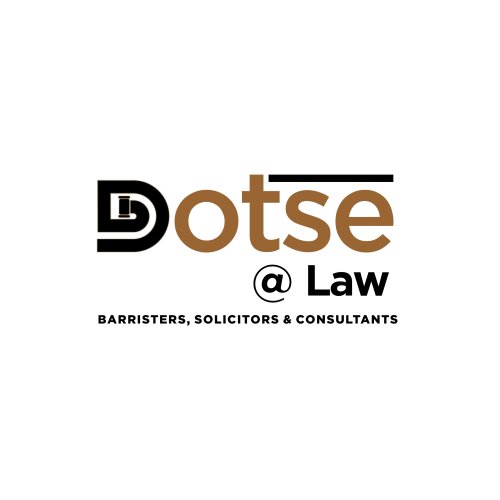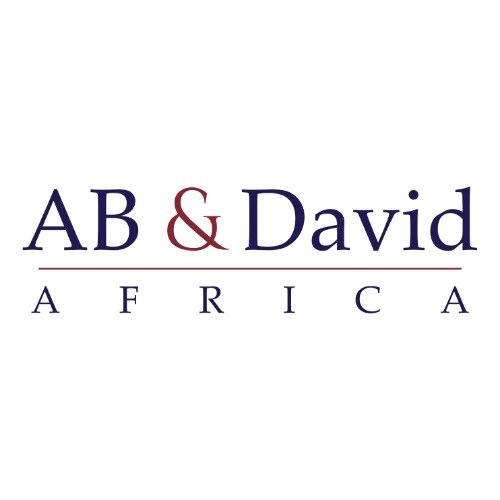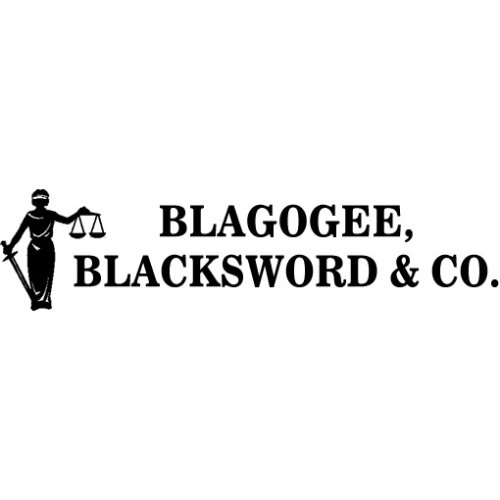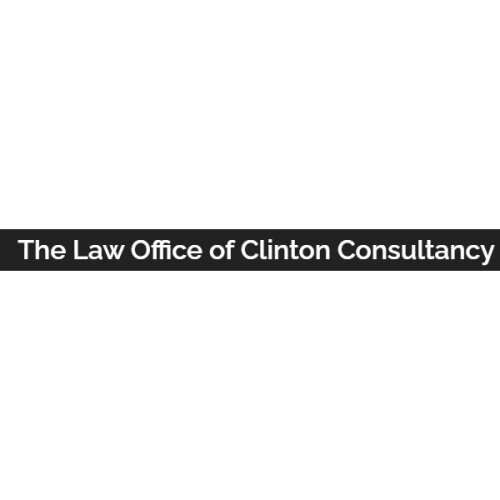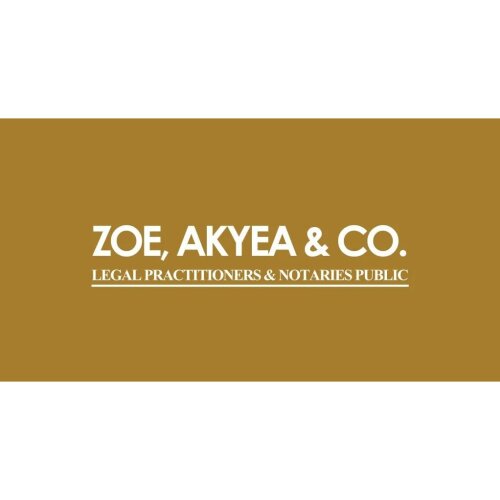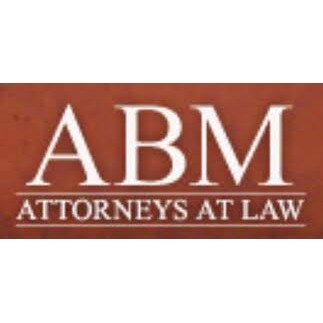Best Investment Lawyers in Accra
Share your needs with us, get contacted by law firms.
Free. Takes 2 min.
List of the best lawyers in Accra, Ghana
About Investment Law in Accra, Ghana
Accra, the capital city of Ghana, offers a dynamic and vibrant environment for both local and foreign investors. Investment law in Accra, as with the rest of Ghana, is regulated by a framework designed to encourage and promote investment activities. This framework includes legislation such as the Ghana Investment Promotion Centre (GIPC) Act 2013, (Act 865), which provides incentives for investment and stipulates the requirements for both foreign and local investors. The objective of these laws is to create an enabling environment that facilitates the ease of doing business, with a focus on economic growth and development.
Why You May Need a Lawyer
Investing in Accra can be a profitable venture, but it often involves navigating complex legal requirements and regulatory compliance. Common situations where you might need legal assistance include, but are not limited to: registering a business, understanding tax obligations, ensuring compliance with the GIPC Act, obtaining the necessary permits and licenses, protecting intellectual property, drawing up contracts, undertaking real estate transactions, and resolving investment disputes. A lawyer can provide the necessary guidance through these processes, ensure that you comply with local laws and regulations, and protect your investments from legal risks.
Local Laws Overview
Key aspects of local laws that are particularly relevant to investment in Accra include:
- The GIPC Act 2013 (Act 865), which governs investment in all sectors of the economy except minerals and mining, oil and gas, and the free zones.
- The Companies Act 2019 (Act 992), which provides the legal framework for the incorporation and regulation of companies.
- The Ghana Revenue Authority (GRA) is responsible for the administration of taxes, and investors must comply with tax laws, including income tax, VAT, and capital gains tax.
- The Labour Act 2003 (Act 651) that stipulates the rights and obligations of employers and employees.
- Land ownership laws, as land tenure can be complex and prone to dispute in Ghana.
- Sector-specific regulations, such as the Banking Act for investments in financial services or the Minerals and Mining Act for extraction industries.
Frequently Asked Questions
1. Can foreign nationals own land in Accra?
Foreign nationals cannot own land outright in Ghana; they can, however, obtain leases for up to 50 years for residential land and 99 years for commercial purposes. It is crucial to seek legal advice before engaging in any land transactions.
2. What are the minimum capital requirements for foreign investors?
Under the GIPC Act, foreign investors are required to meet certain minimum capital requirements, which vary depending on the type of investment and whether the investor is partnering with a Ghanaian citizen.
3. Do I need to register my investment with the Ghana Investment Promotion Centre?
Yes, foreign investors must register their investments with the GIPC to take advantage of investment incentives and to obtain an investment certificate.
4. Are there tax incentives available for investors in Accra?
Tax incentives may be available for specific industries or for investments that meet certain criteria, such as contributing to economic development or generating employment. It's important to consult with a lawyer for up-to-date information on applicable incentives.
5. What legal structures are available for setting up a business in Accra?
You can establish a business as a sole proprietorship, partnership, limited liability company, or a subsidiary of a foreign company. Each structure has its own legal and tax implications.
6. Is it necessary to have a local partner when investing in Accra?
Having a local partner is not a legal requirement for all sectors, but in some cases, it can facilitate the investment process and offer certain benefits. Legal advice can help you understand the nuances of this area.
7. How can I protect my intellectual property in Accra?
Ghana has laws that protect intellectual property rights. Registration of these rights is crucial for protection, and a lawyer can guide you through the process.
8. What dispute resolution mechanisms are available for investors?
Accra offers multiple dispute resolution mechanisms including litigation, arbitration, and mediation. The choice depends on the nature of the dispute and any prior agreements between the parties.
9. Are there specific industries with additional legal considerations?
Yes, industries such as mining, oil and gas, banking, and telecommunications are subject to additional regulations and require sector-specific licenses and permits.
10. How can I ensure my business complies with environmental regulations in Accra?
Compliance with environmental regulations is overseen by the Environmental Protection Agency (EPA) in Ghana. Businesses must conduct environmental impact assessments and obtain the necessary environmental permits.
Additional Resources
Investors may find the following resources helpful:
- The Ghana Investment Promotion Centre (GIPC) for information on investment opportunities and registration.
- The Registrar General's Department for company registrations and related matters.
- The Ghana Revenue Authority for tax-related information.
- The Environmental Protection Agency for environmental compliance.
- The Bank of Ghana for regulations concerning financial and banking investments.
Next Steps
If you require legal assistance with investment matters in Accra, the first step is to consult a reputable lawyer with expertise in Ghanaian investment law. They can help you understand the legal framework and guide you through the necessary procedures to ensure your investment is secured. Additionally, they will represent your interests in any legal challenges and help navigate the complexities of compliance with local laws. Begin by reaching out to legal firms or organizations specializing in investment law in Accra, and schedule a consultation to discuss your needs.
Lawzana helps you find the best lawyers and law firms in Accra through a curated and pre-screened list of qualified legal professionals. Our platform offers rankings and detailed profiles of attorneys and law firms, allowing you to compare based on practice areas, including Investment, experience, and client feedback.
Each profile includes a description of the firm's areas of practice, client reviews, team members and partners, year of establishment, spoken languages, office locations, contact information, social media presence, and any published articles or resources. Most firms on our platform speak English and are experienced in both local and international legal matters.
Get a quote from top-rated law firms in Accra, Ghana — quickly, securely, and without unnecessary hassle.
Disclaimer:
The information provided on this page is for general informational purposes only and does not constitute legal advice. While we strive to ensure the accuracy and relevance of the content, legal information may change over time, and interpretations of the law can vary. You should always consult with a qualified legal professional for advice specific to your situation.
We disclaim all liability for actions taken or not taken based on the content of this page. If you believe any information is incorrect or outdated, please contact us, and we will review and update it where appropriate.



